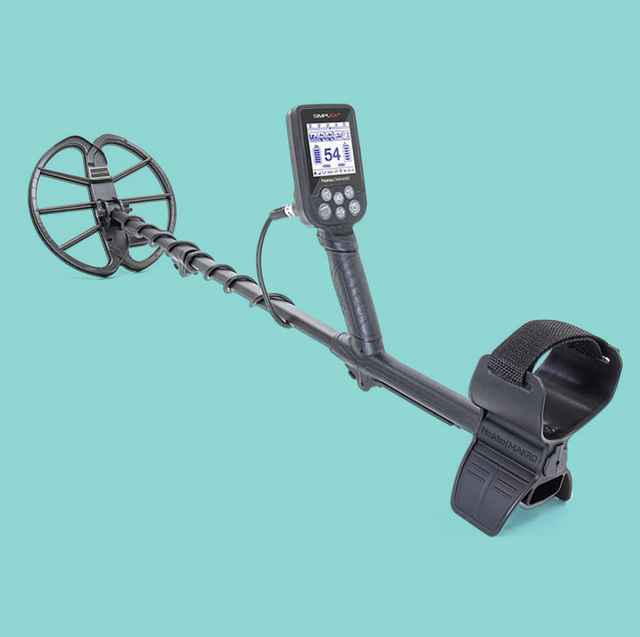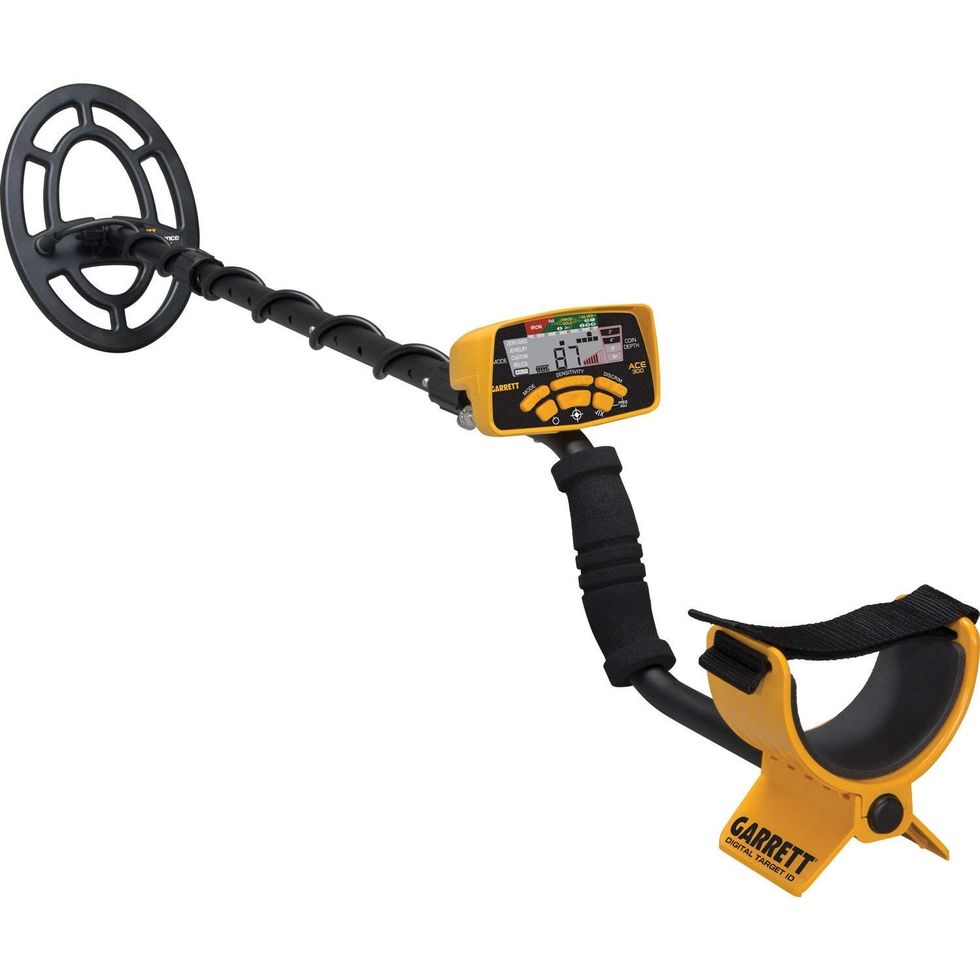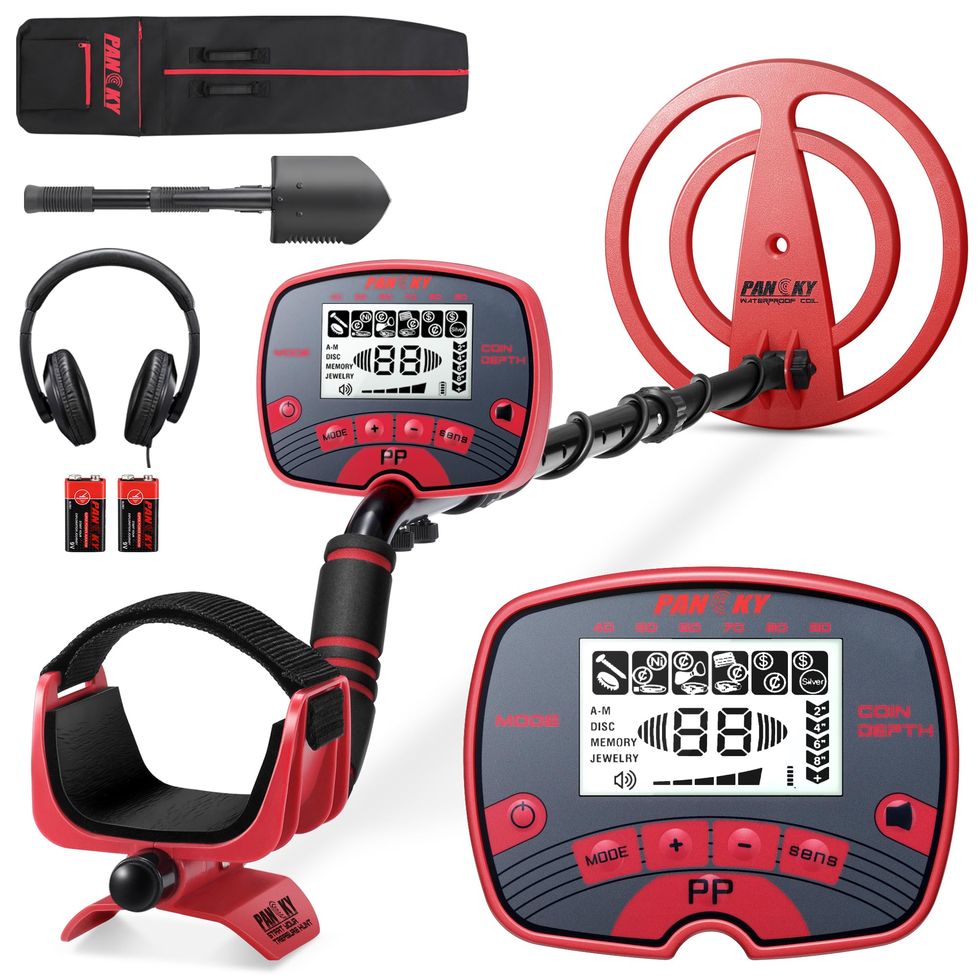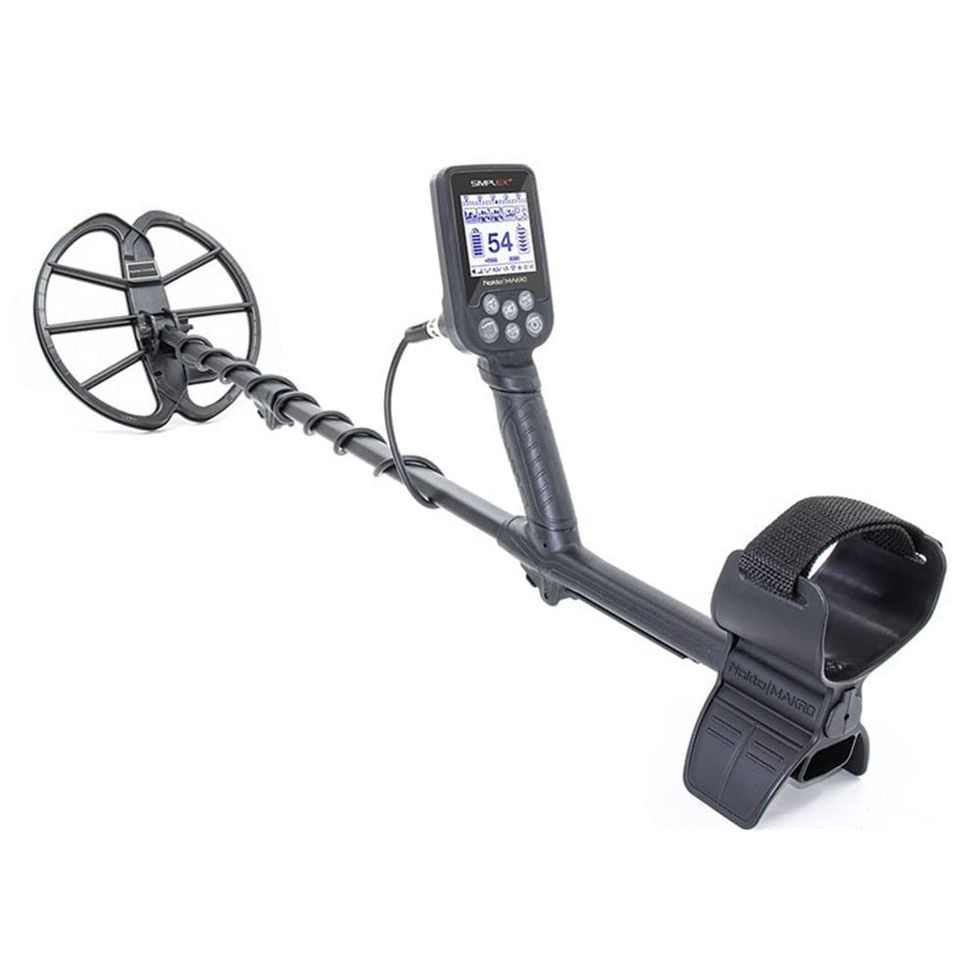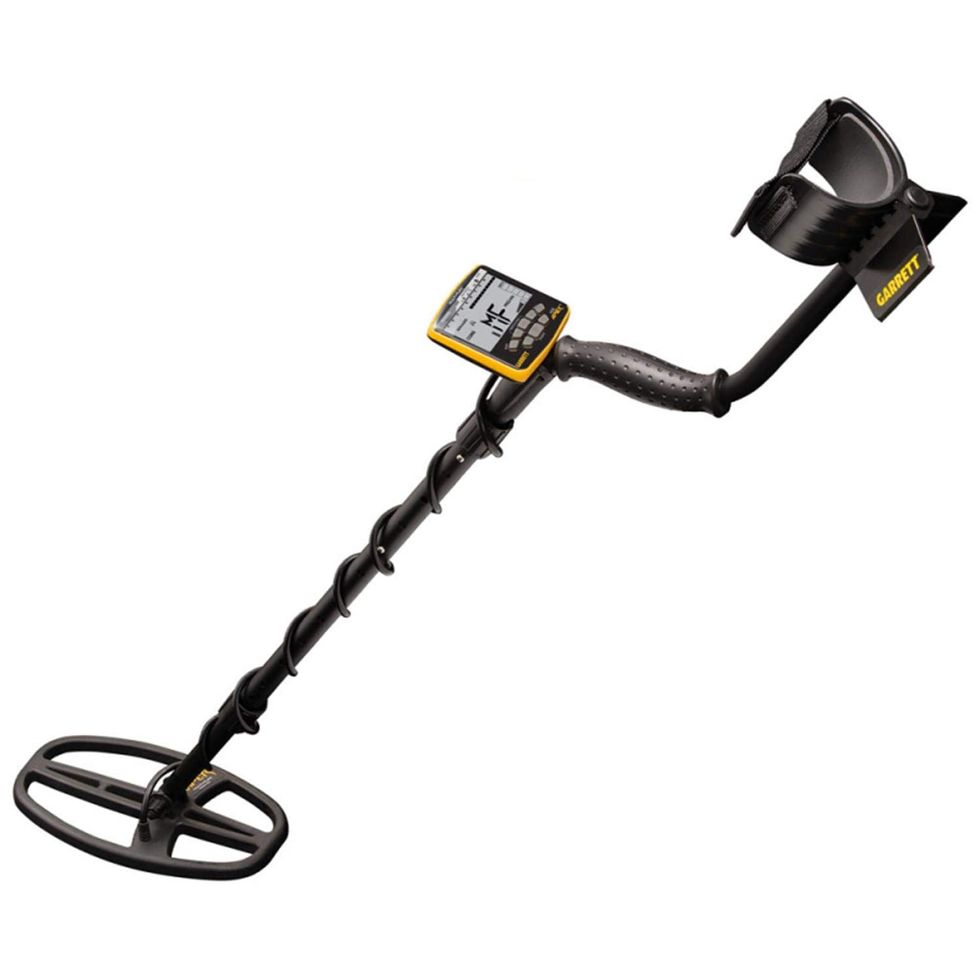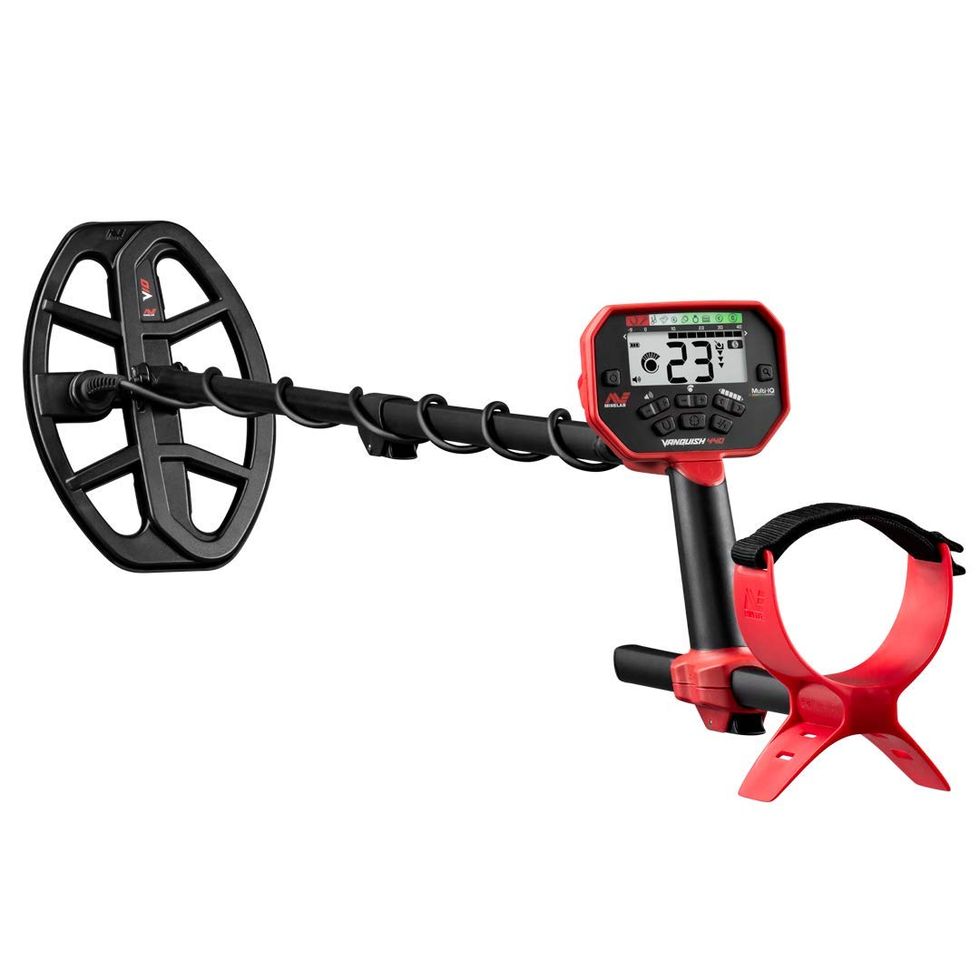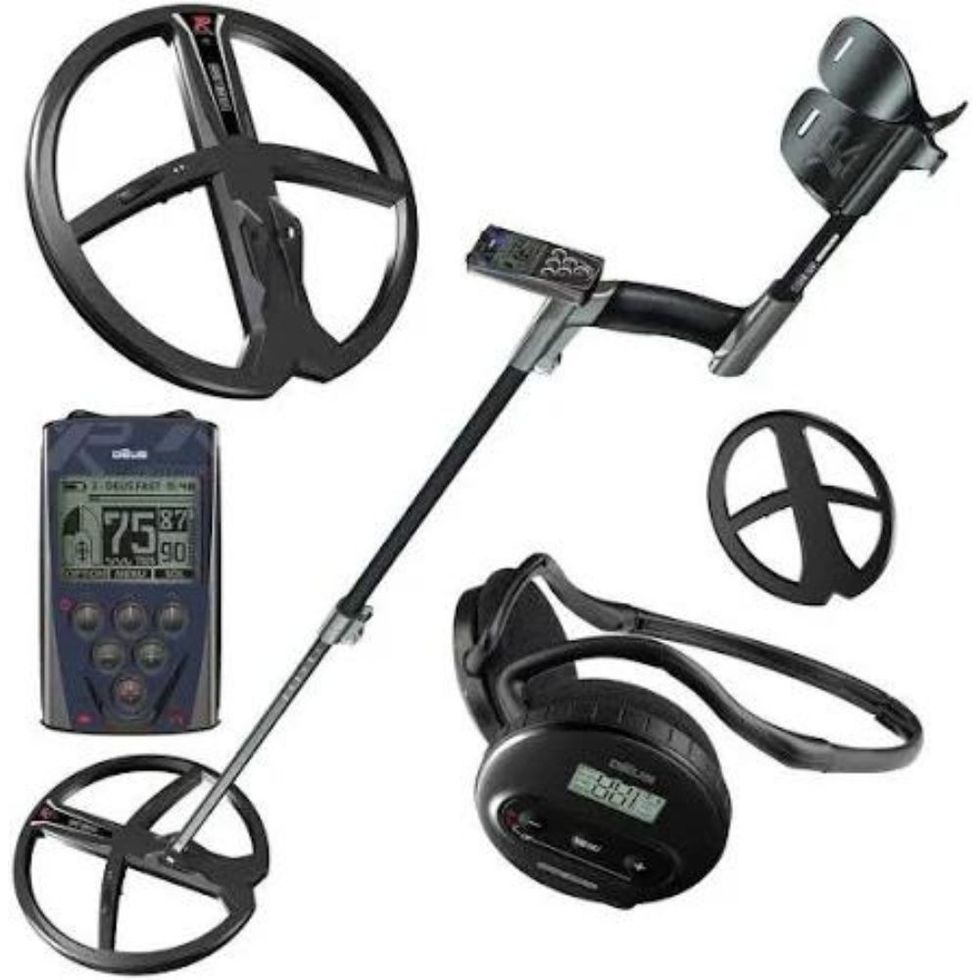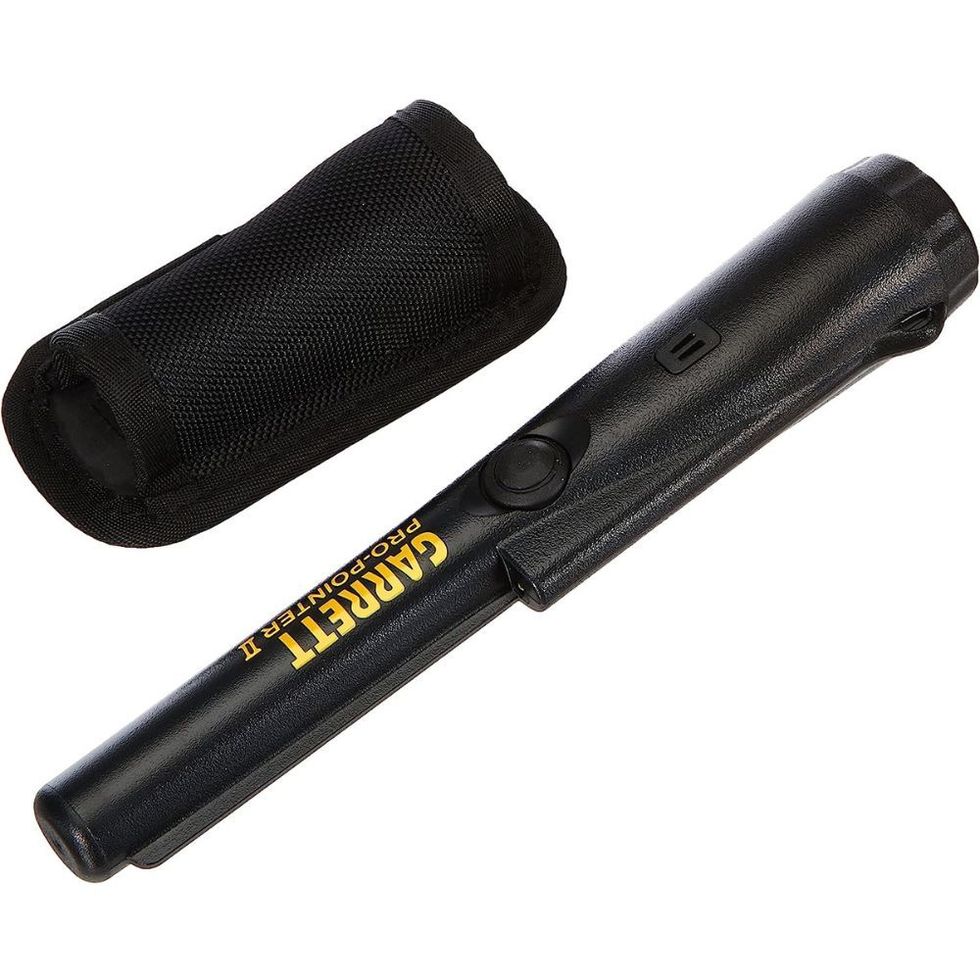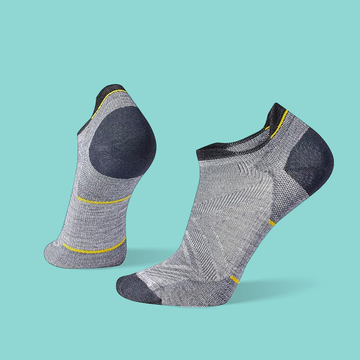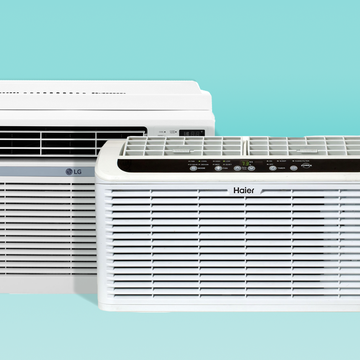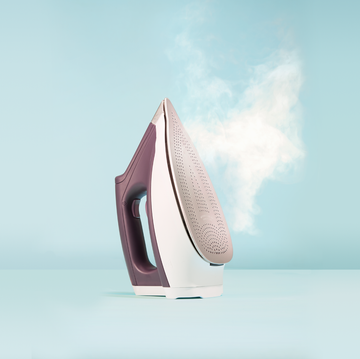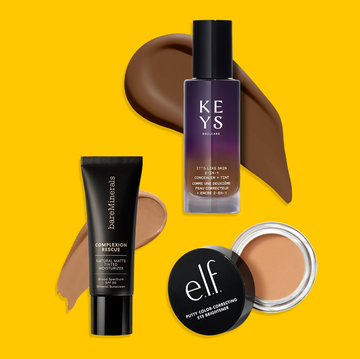7 Best Metal Detectors of 2024
Whether you're a pro or a beginner, one of these devices are a must-have to up your search.
We've been independently researching and testing products for over 120 years. If you buy through our links, we may earn a commission. Learn more about our review process.
Whether you’ve lost a ring outdoors or have a hankering to go treasure hunting on your beach day, a metal detector will likely help you find a few shiny things. This hobby requires patience and a sizable initial investment if you want a device that can accurately spot goods from a few feet away, which is why it's important to find one that's worth the coin. Next, you'll be wanted to study a little history to investigate your newfound goods.
"You don't have to spend a fortune, but I do recommend [investing in] something you’ll be able to find stuff with because it’s a wonderful hobby," says Chris Turner, CEO of The Ring Finders, an online directory of metal detecting specialists. "It’s the only hobby in the world where you can find money."
Based on hours of independent research and insight from an expert dectorist, we're confident these are the best metal detectors on the market.
Our top picks:
Depending on whether you're hoping to detect gold, jewelry or coins, you’ll want to choose a detector that'll help you suss out what you're detecting and what grounds you’ll be covering. Before heading out, you'll also want to make sure that — if you’re not digging on your own land — you have the permission of the landowner or the state to do some digging. Laws tend to different by stand and by county, so do some research before you buy to make sure it's feasible for you.
Below you’ll find our top picks for metal detectors, the key difference of features, the best places you can go hunting and why you should trust our picks.
Courtney (she/hers) has spent the past 5 years testing everything from reusable straws to standing desks to homemade kombucha kits. A longtime reviewer, deals hunter, and lifestyle writer, she currently heads up the American Kennel Club's product review site Retrievest and previously worked as the Shopping Editor for USA Today’s Reviewed. Additionally, she has covered design and lifestyle trends for Apartment Therapy, Domino, SELF, and more. A graduate of Elon University, she loves telling everyone about what race she’s planning on running next while raving about her favorite running headphones (they’re bone conducting!).
Watch Next

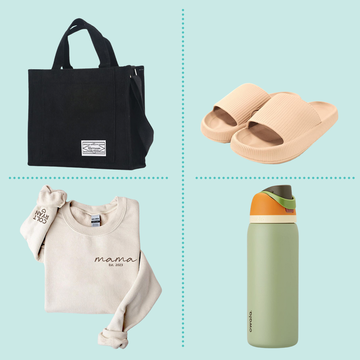
14 Most Popular Products of May 2024

The Best At-Home Hair Color Brands
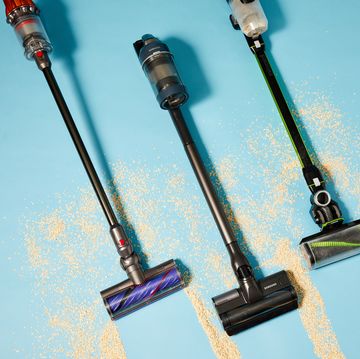
The Best Stick Vacuums, Tested by Experts
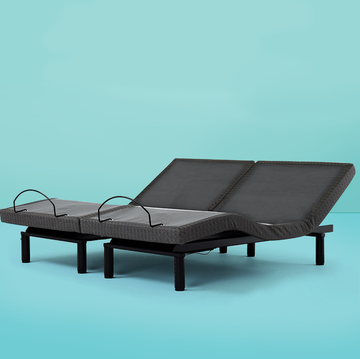
The Best Split King Adjustable Beds
